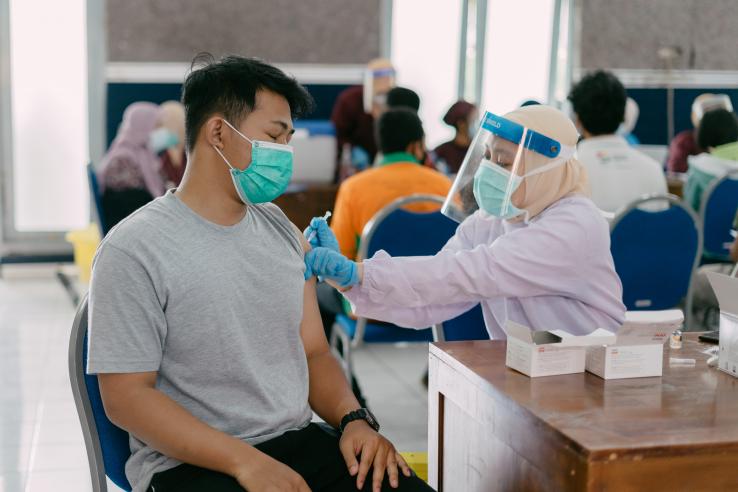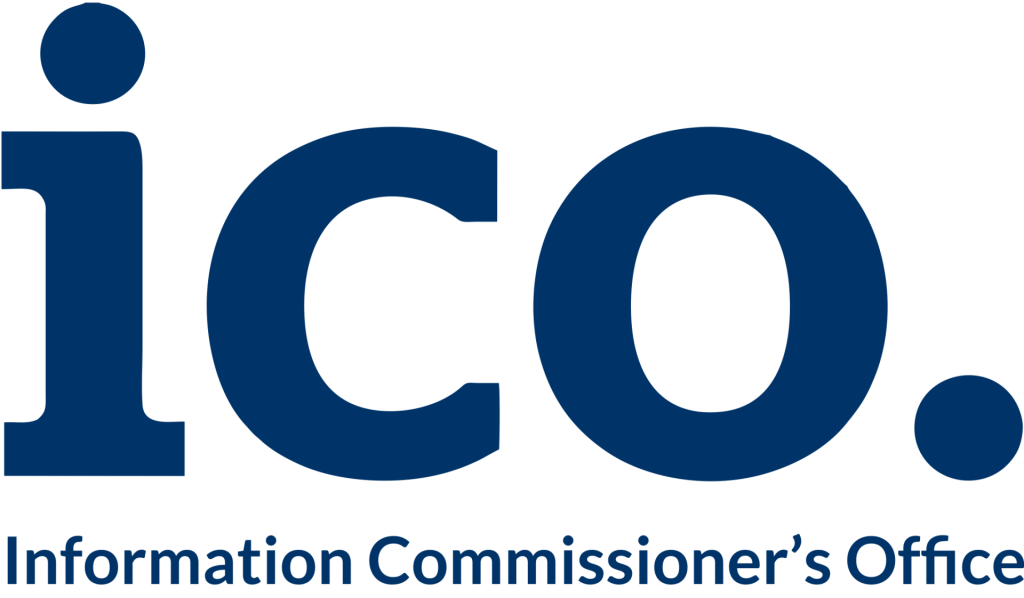In 2026, health screening has become a standard component of almost every immigration process worldwide. The COVID-19 pandemic permanently reshaped how governments approach public health in relation to migration. Today, applicants must undergo comprehensive medical checks, ranging from routine physicals to specialized screenings for communicable diseases. Many countries also require proof of vaccination, including updated booster requirements for viruses identified as long-term global health risks. These measures aim to protect host populations while ensuring applicants meet admissibility standards. Medical inadmissibility remains a major reason for visa refusals. Under Canada’s IRPA Section 38(1), for example, applicants may be deemed inadmissible if their health condition is expected to place excessive demand on healthcare or social services. Similar provisions exist in the United States, Australia, and the UK. Applicants with chronic conditions face additional scrutiny and must often provide evidence of private healthcare coverage. Immigration consultants now advise clients to prepare extensive medical documentation early in the process to avoid delays or refusals.
Technology has enhanced the way medical data is shared and analyzed in immigration contexts. Many countries have digitized medical exam systems, allowing results to be transmitted directly to immigration offices from certified clinics. AI tools flag anomalies or inconsistencies in medical histories, ensuring applicants cannot conceal conditions. While this streamlines decision-making, it raises concerns about data privacy and the ethical use of personal health information. Governments are under pressure to balance health security with individual rights to confidentiality. Beyond disease prevention, health assessments are increasingly being used to evaluate applicants’ long-term adaptability. Some countries now assess lifestyle factors such as fitness levels, smoking habits, or mental health as part of broader well-being metrics. Critics argue this risks discrimination, but governments defend it as part of sustainable immigration planning. Applicants are advised to demonstrate both physical and financial preparedness to meet healthcare requirements in their destination country. The future of health in immigration will likely be tied to global health accords. In 2026, discussions are ongoing at the World Health Organization (WHO) about establishing standardized international health requirements for migrants. This would create consistency across visa systems while ensuring better preparedness for future pandemics. For applicants, the message is clear: health is no longer just a personal matter—it is a key determinant of global mobility.


































